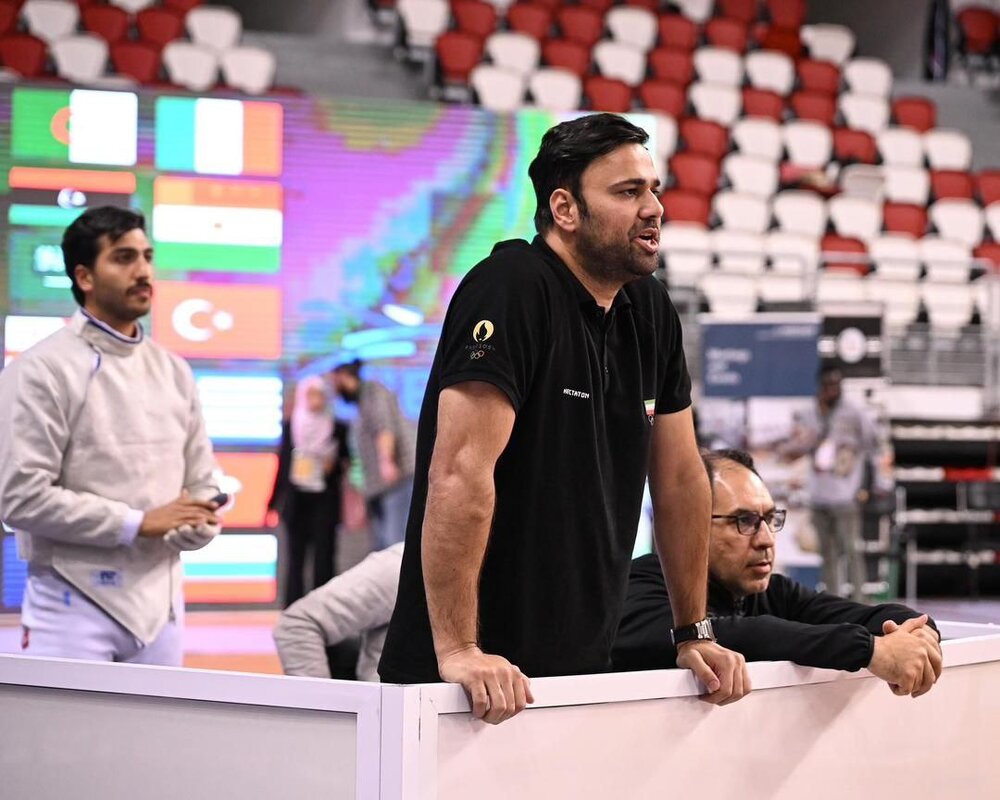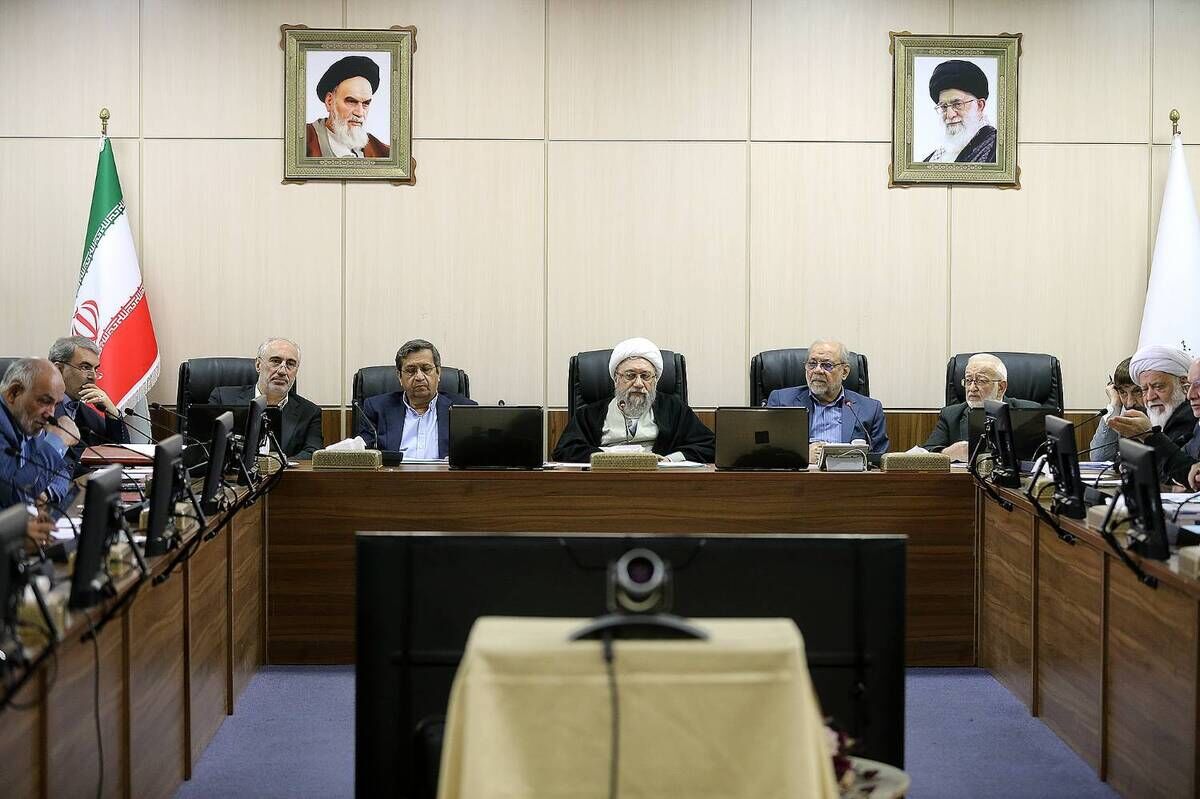Human Rights Watch calls for overturning 'politically motivated' convictions in Tunisia
Human Rights Watch calls for overturning 'politically motivated' convictions in Tunisia

Human Rights Watch has called on Tunisia's judiciary to overturn the convictions of 37 people accused of planning to destabilise the country ahead of a hearing at the Tunis court of Appeals set for Monday, in what HRW has decried as a "crackdown on dissent in the country”.
In a statement released on Friday, HRW said it reviewed court documents related to the case, widely known as the “Conspiracy Against State Security”, and found the charges to be unfounded and not based on credible evidence.
The organisation urged the court “to overturn the abusive convictions and release all detainees”.
HRW deputy Middle East and North Africa director at Human Rights Watch, Bassam Khawaja, said in a statement that the charges were part of a crackdown on dissent in the country. “This entire case has been a masquerade, from baseless accusations to a judicial process devoid of fair trial guarantees,” he said.
“The authorities should end this judicial farce, which is part of a wider crackdown on any form of criticism or dissent.”
All 37 defendants - including activists, lawyers, political opponents to the president, and researchers - were charged with conspiracy against state security and terrorism offences on 19 April. They were sentenced to prison terms ranging from four to 66 years.
HRW says the entire case, from the initial charges to the court process, has been marred by irregularities and has not followed due process.
This includes defendants being convicted after three hearings without due process protections, the sentencing in April being held without the main defendants present, and defendants being given either short or no notice of the first appeal hearing on 27 October, which was later adjourned to 17 November.
Hunger strikes
Some of the defendants have started a hunger strike to protest against their conditions. Law professor and leader of the opposition coalition, the National Salvation Front's Jaouhar Ben Mbarek, who has been sentenced to 18 years in prison, began a hunger strike on 29 October. He has been incarcerated since 2023.
His lawyer and sister, Dalila Ben Mbarek Msaddek, said that he has not received adequate medical care in detention.
She also said that he was subjected to physical abuse in prison and sustained bruises and a broken rib after both prison guards and inmates beat him.
Other lawyers and the Tunisian League for Human Rights have raised concerns about Ben Mbarek’s health, but prison authorities have “categorically denied” any claims that his care has been inadequate.
Other jailed opposition leaders also joined Ben Mbarek’s hunger strike last week, including 84-year-old head of the main opposition Ennahda party Rached Ghannouchi, Issam Chebbi, Rida Belhaj, and Abdelhamid Jlassi.
HRW says the crackdown on dissent has “dramatically intensified” since President Kais Saied took over Tunisia’s state institutions in July 2021.
Arbitrary arrests and detention of people across the political spectrum deemed to be critical of the government have increased since 2023.
Critics say the attacks on and dismantling of legal structures have undermined the independence of the judiciary and jeopardised Tunisians’ right to a fair trial.
The use of videoconferencing to try defendants, holding defendants in pretrial detention for more than the 14 months allowed under Tunisian law, retaliation against defence lawyers, including arresting them and charging them with spreading “false information”, are some of the legal rights violations that Tunisians have experienced, according to experts.
“Tunisia’s international partners should speak up against this flagrant injustice and assault on the rule of law,” Khawaja added. “They should urge Tunisian authorities to cease their crackdown, overturn these convictions, and guarantee fair trials.”












